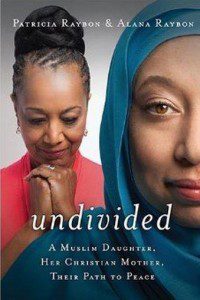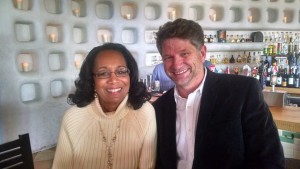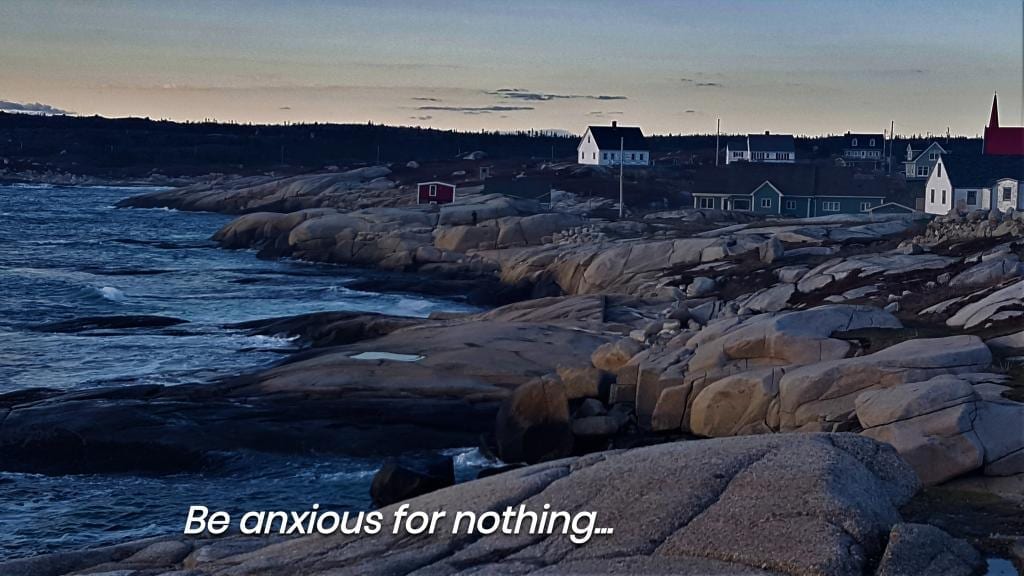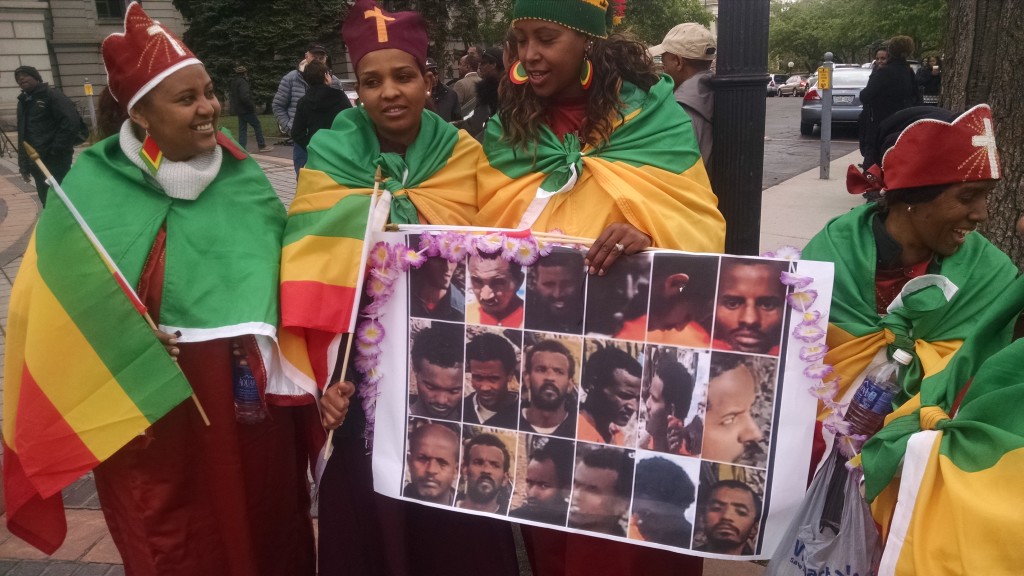Earlier this week, I published a post called, “When Children Disappoint.” It told the stories of Christian parents whose children take turns that hurt the parents. Substance abuse, trouble with the law, relationships and walking different paths from how they were raised. In just three days, it’s become the all-time most shared post. And the reason for that? It’s because this issue is so raw and real with so many Christian families.
Earlier this month, my fellow Denver neighbor Patricia Raybon and her daughter released a book, Undivided: A Muslim Daughter, Her Christian Mother, Their Path to Peace.
It’s a story of how a daughter was raised in a stable home by faithful, serving Christian parents. It’s a story of how that daughter later converted to the Islam faith. It’s a story of deep divides, sorrow, misunderstanding and pain. It’s ultimately a story of reconciliation and love.
It took 10 years for them to get to this point. And now they can talk about it. I read the book and gained a whole new perspective on the Muslim faith. I also learned some valuable lessons on how to gain peace in my own community, church, and home.
And given our world situation, I believe this book should be required reading for every world leader – and I’m serious.
Patricia Raybon and her daughter have appeared on PBS, the Today Show and other radio and TV shows.
They have been featured at Today’s Christian Woman, The Denver Post, the Sunday Tennessean, Guideposts Magazine, Christianity Today, Today’s Christian Woman, The Washington Post, On Faith and Culture, and many others.
I am honored to share this exclusive interview with Patricia Raybon:
******************
David Rupert: When you decided to write the book with your daughter, how would you characterize your relationship?
Patricia Raybon: Politely awkward. We worked so hard not to talk about her faith choice (Islam), that every other aspect of our relationship had become strained. Many people in families, I believe, come to such awkwardness in relationships. They’re avoiding the obvious, by not talking about a problem, but hurting their interaction overall. That’s not a good way to relate to people you want to love.
David: After the book was completed, what was the biggest thing you learned? What did your daughter learn?
Patricia: The most valuable thing I learned is, during conflict, not to react, but to ask. I was primed to rush to react to any statement or situation that felt threatening. When Alana called in college to say she’d converted to Islam I should’ve taken a deep breath and said: tell me more. Then to ask questions. Why? What does that mean? What drew you from Jesus? Indeed, speaking of Jesus, he famously asked significant questions as part of healing. Who touched me? What do you want me to do for you? Wilt though be made whole? Asking is divine and powerful. Knowing that, and taking the time now to ask, changes everything.
As for Alana, she’d have to answer this question for herself, but I think she’d say she and I both learned that making peace is a journey. Not a destination. And we walk the peace road day by day. Making peace is a choice, and some days you mess up. You goof up. Say the wrong thing. Act immature. Forget to forgive. But the journey allows you to try again the next day. In that way, walking a peace path takes the drama out of relationships. Oops, I goofed. Tomorrow I’ll do better.
David: How would you characterize your relationship today?
Patricia Courageous! I am grateful to God that, now, we’re not afraid of making mistakes in our relationship. We can talk without holding our breath. We try to tell the truth. If she asks what’s wrong, I feel free to truly answer. I believe she feels the same. Yes, a faith conflict provoked our decision to work for peace, but beyond faith, we’ve learned to talk about all sorts of things. Even more, I find myself relating better to others. A bonus!
David: Using your personal reconciliation as a model, what can white and black Americans learn about finding harmony?
Patricia: First, come clean. Admit there’s a problem. We’re seeing that in the South where people are finally talking about the hurtful symbolism of the Confederate flag. For too long, many whites insisted the flag was a symbol of Southern pride. About “heritage.” That was a lie. It was a racist symbol–and always was. Sadly, it took the murder of 9 innocent Black church members by an avowed white racist who waved the flag for people to finally say this flag is a problem.
When people can admit they’re at an impasse, even if they don’t know yet how to fix it, then they’re ready to start the enduring work of healing.
David: What do you wish the Western world knew about Muslims?
Patricia: We need to know there are 1.5 billion Muslims in the world and most aren’t extremists. From there, if we’re followers of Christ, we need to love the Muslims we encounter as we would love ourselves. Jesus said it like this: Love thy neighbor as yourself. From there, if someone is led to learn more about Muslims, order some books. Talk to people in the know.
David: In the face of ISIS and new threats, how should Christians react?
Patricia: Not with fear. The psalmist, in Psalm 27, said this:
“The Lord is my light and my salvation—whom shall I fear?
The Lord is the stronghold of my life—
of whom shall I be afraid?” (Psalm 27:1 NIV)
Remembering this, and being anxious for nothing, we can pray. For demented hearts to be changed. For ISIS followers to see the light of Christ. Think of the Apostle Paul who once persecuted Christians as a profession! (Sound familiar?) But on the road to Damascus, in the heart of the Middle East, he was blinded by the light of Christ and was changed. Praying for this kind if transformation in the hearts and minds of ISIS activists, or in anybody, is divine work. So, yes, let’s pray.
Meantime, God didn’t give us a spirit of fear, but of power and a sound mind. So we should be discerning and wise, but ask the Lord to rebuke our fear. Then, in every situation, “by prayer and petition, with thanksgiving, present your requests to God. And the peace of God, which transcends all understanding, will guard your hearts and your minds in Christ Jesus” (Philippians 4:6-7 NIV). To that, let’s all say amen!















